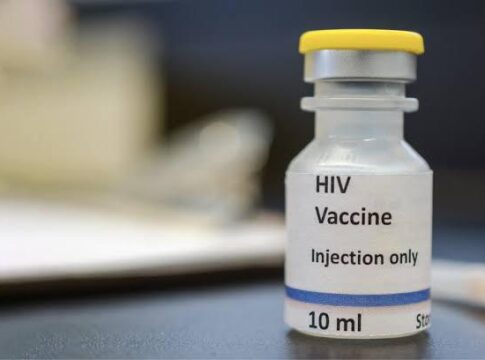Thousands of HIV patients in Kenya are running out of life-saving medication as a US foreign aid freeze halts drug distribution. While millions of antiretroviral (ARV) doses sit in a Nairobi warehouse, clinics are rationing supplies, leaving many with only a week’s worth of medicine at a time.
Alice Okwirry, a 50-year-old widow living with HIV, used to receive six-month refills of her medication. Now, she is given just a month’s supply, and she fears what will happen when the drugs run out. “I was just seeing death now coming,” she said, worried for herself and her 15-year-old daughter, who is also HIV-positive.
The crisis stems from a 90-day aid freeze imposed by the US government, which has blocked the release of $34 million worth of medicine and equipment. While HIV funding was technically exempted, the USAID payment system remains paralyzed, preventing the distribution of critical supplies. According to the Kenyan government, $10 million is needed to resume deliveries, but no funds have been released.
Millions of Doses Stuck in Storage While Clinics Run Dry
The warehouse in Nairobi holds 2.5 million bottles of ARVs, 750,000 HIV test kits, and 500,000 malaria treatments—yet these remain locked away due to funding delays. The Mission for Essential Drugs and Supplies (MEDS), a Christian charity that manages distribution, supplies medicine to 2,000 clinics nationwide. However, without financial support, these deliveries cannot resume.
READ MORE: Nigeria’s Petrol Imports Hit Record N15.42 Trillion in 2024 Despite Refinery Operations
Kenya has one of the highest HIV burdens in the world, with 1.4 million people living with the virus. The US-funded President’s Emergency Plan for AIDS Relief (PEPFAR) provides around 40% of the country’s HIV drugs and supplies. Health experts warn that prolonged delays could have catastrophic consequences, leading to drug resistance and increased transmission rates.
Health Minister Deborah Barasa has promised that the Kenyan government will mobilize funds to release the medicines within two to four weeks. But for patients like Okwirry, the wait is agonizing. “What if they say the drugs are doomed?” she asked her daughter, Chichi. “She told me: ‘Mom, I’ll be leaning on you.'”
Legal Battles and Emergency Measures Underway
The aid freeze has sparked outrage, with lawsuits aiming to force the US government to restore funding. The Kenyan government is also considering emergency funding measures, with Finance Minister John Mbadi saying it could be included in the upcoming 2025/26 budget.
Despite official reassurances, many patients remain fearful. Nelson Otwoma, director of the National Empowerment Network of People Living with HIV/AIDS in Kenya, says some clinics are now issuing only one-week refills to stretch limited supplies. “People are scared,” he said. “They don’t know if they’ll have medicine next week.”
With each passing day, the crisis deepens. The question now is whether global intervention will come in time to prevent a humanitarian disaster.




